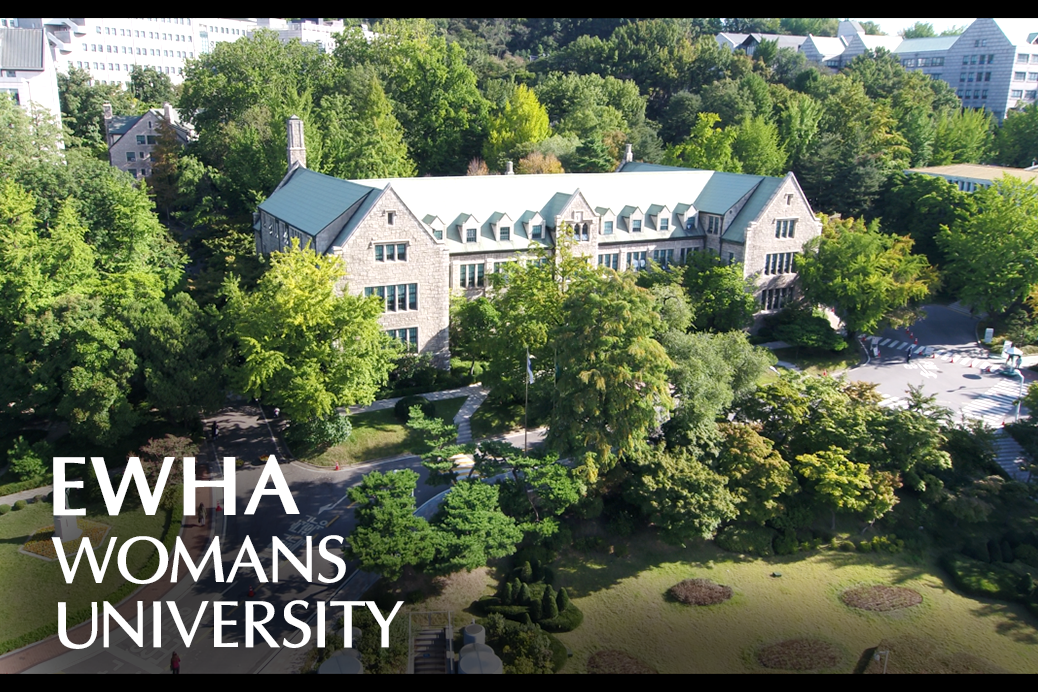News Center
EWHA NEWS
EWHA NEWS

EWHA SNS

요건 몰랐지? <깨알 정보> in 이화_4월 1주차
①4월 피부과 상담클리닉 안내 (4/4)
②2025 키움히어로즈 야구 특강 안내(4.2)
③2025학년도 1학기 TELOS트랙 신청 안내(~4/4)
④본교-홍콩 CUHK Global Student Partnership 프로그램 학생단 모집
⑤25년 학군사관(ROTC) 후보생 모집(~4/10)
Did you know this?

💚 만개한 진달래와 목련이 흐드러지는 아름다운 캠퍼스의 계절에, 우리 벗들이 좋아할 것 같은 뱀뱀인형이 왕크왕귀로 왔다! 절대 놓치면 안될 기회! 봄맞이 포토스팟에 벗들을 초대합니다!! #4월맞이포토존 #어머이건찍어야해 #왕크왕귀대형뱀뱀이 #어디있을까 #한줄띄고한줄주목 #BAAM #오늘무슨날 #이화여자대학교 #이화여대 #이대 #EWHA #UNIV
READ MORE
Ewha paves a new road with each new endeavor. As Korea’s first modern school for women, Ewha showed that domains that were once deemed impossible for women were possible. And with each new endeavor, Ewha creates a new chapter in history. Ewha’s over 130 year-old history of leading changes of the future will continue.
READ MOREEWHA Banner